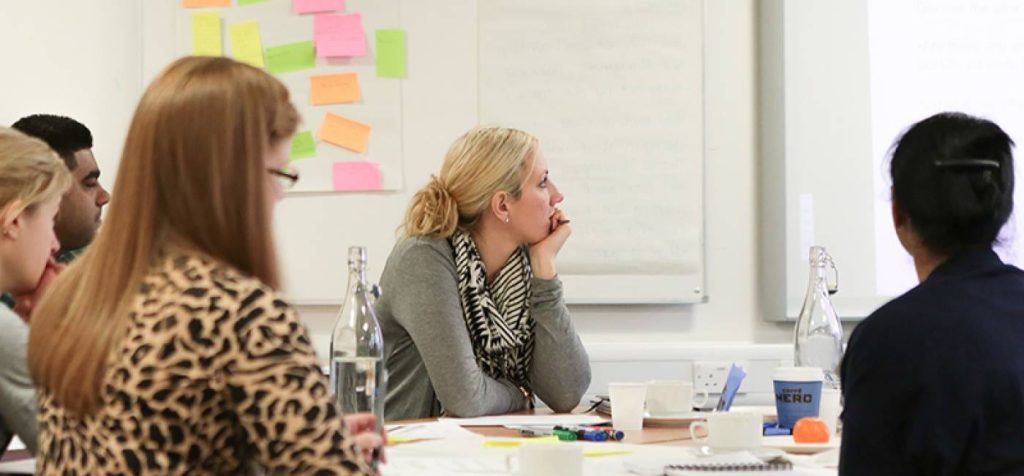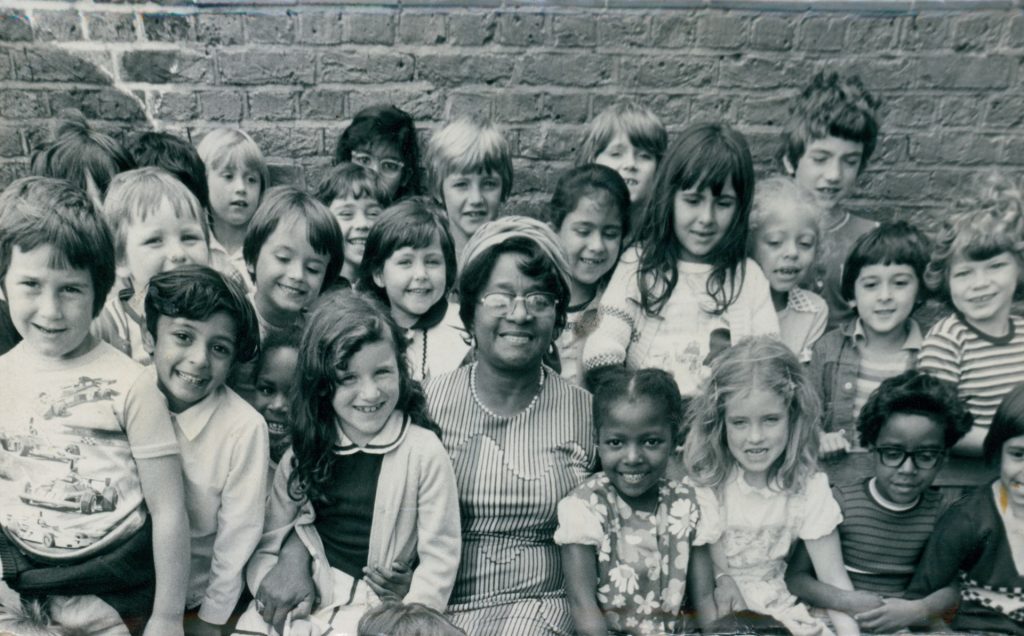The urgent task of improving the working lives of teachers
By IOE Blog Editor, on 4 November 2025

Credit: WavebreakMediaMicro via Adobe Stock.
4 November 2025
By Mary Bousted, Honorary Professor, UCL
October saw the launch in the House of Lords of the Teaching Commission’s report Shaping the Future of Education. I presented the Commission’s analysis on the state of the teaching profession and proposals to improve the profession’s standing.
The teacher and leader members of the Commission, working alongside policy and research professionals brought the reality of the challenges facing teachers and school leaders into strong contact with the research evidence in a way that is highly illuminating and powerful. The report is the most comprehensive source of evidence on the state of the profession available. (more…)
 Close
Close








 5 April 2022
5 April 2022 30 March 2022
30 March 2022